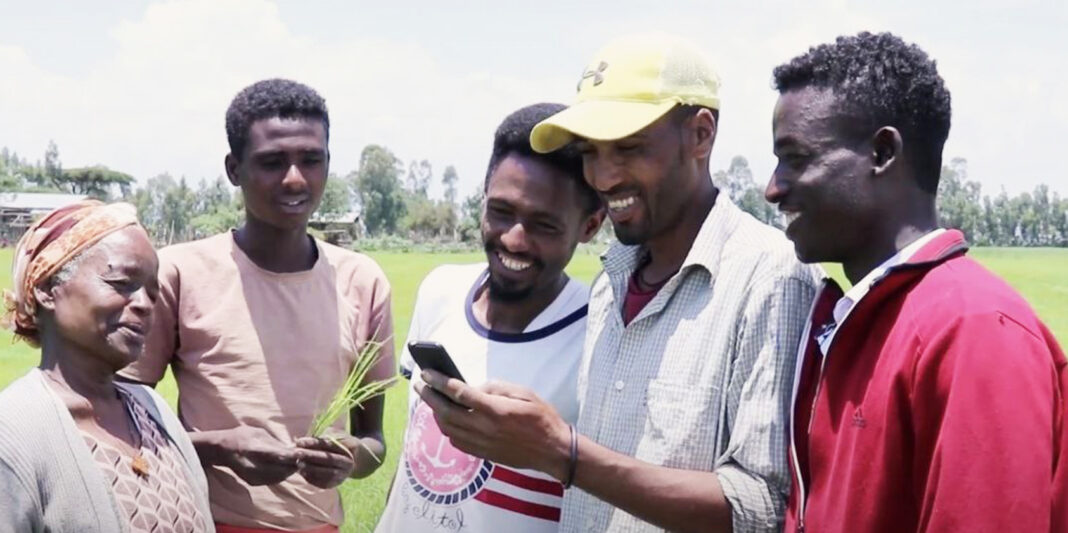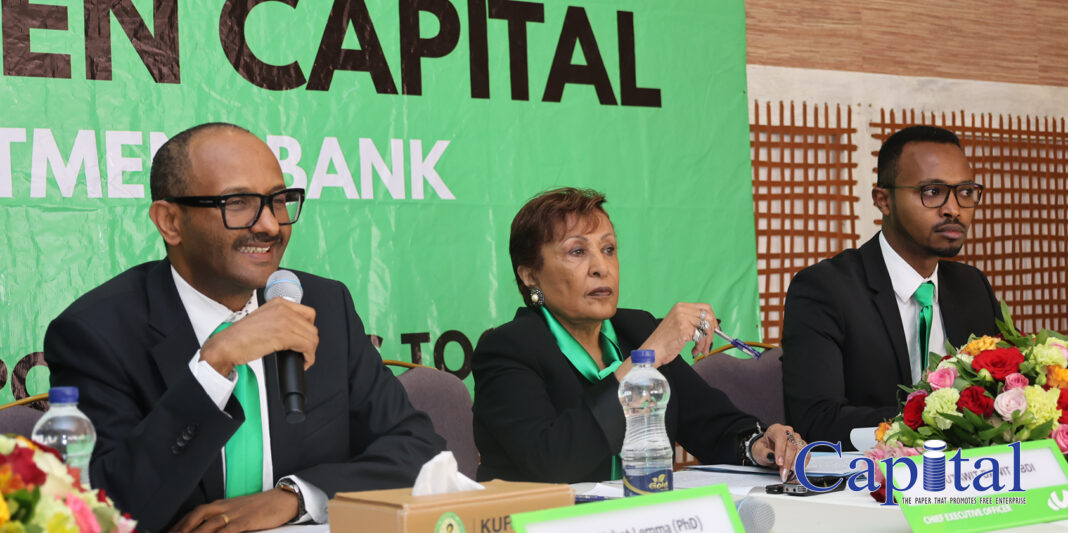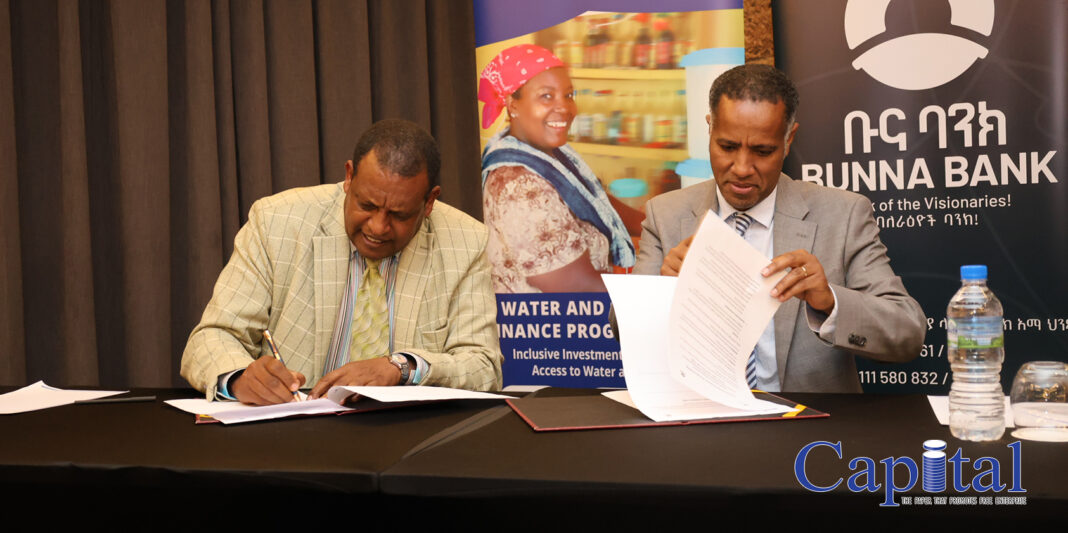Access to agricultural advisory services plunged after the phase-out of the Major Agricultural Growth Programme (AGP), posing a significant threat to Ethiopia’s agricultural transformation and climate resilience efforts, according to a recent four-year study.
The research, conducted among 1,964 rural households and presented at a workshop organized by the Policy Studies Institute (PSI), highlighted a drop in farm counseling access from 1,186 to 926 households following AGP’s conclusion in 2022. This decline has impeded the adoption of modern agricultural technologies such as improved seeds, fertilizers, and agrochemicals, with projections indicating 30% of households will not use any key technology by 2025—up from 22% in 2021.
Senior PSI researchers attribute the setback to insufficient follow-up programs after AGP ended, leaving longstanding challenges unresolved. Reliance on local seed varieties persists, and without adequate advisory services for sharing modern inputs, crop yields remain modest.
The study also exposed critical intra-household gender disparities. Despite more families obtaining land certificates, men’s control over land increased significantly, and women, despite working longer hours, continue to have limited involvement in agricultural decisions and access to advisory services. Social norms particularly restrict women’s participation, especially in areas covered by the Product Safety Net Program (PSNP).
Alarmingly, women’s roles in land management and production control have sharply declined since 2021, coinciding with high levels of female illiteracy among rural female heads of households. Climate change vulnerability is rising, with drought-affected households increasing from 24% in 2021 to 28% in 2023, and nearly all households in the most vulnerable Somali region experiencing hardship.
While government programs such as AGP and PSNP have delivered benefits, the study underscores their failure to address deep-rooted gender inequalities that undermine agricultural resilience to climate shocks.
Researchers recommend that future policies explicitly confront social norms limiting women’s engagement and ensure agricultural advisory services are accessible to female farmers, vital steps towards sustainable transformation amidst escalating climate challenges.







